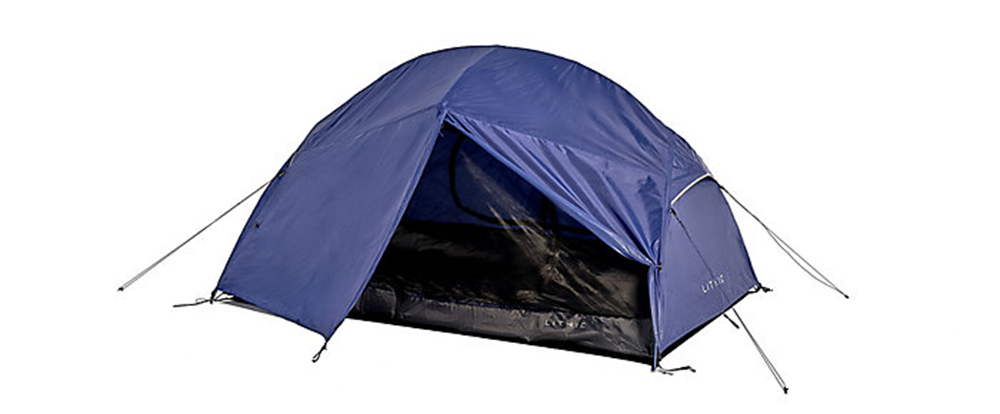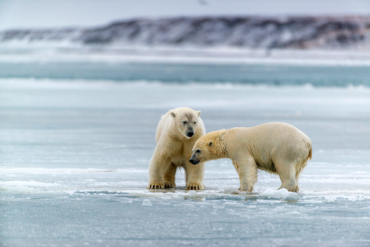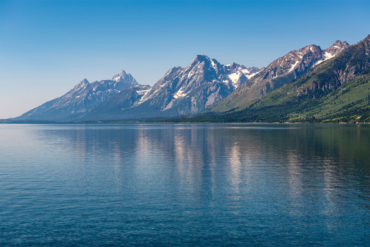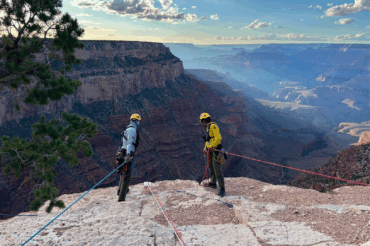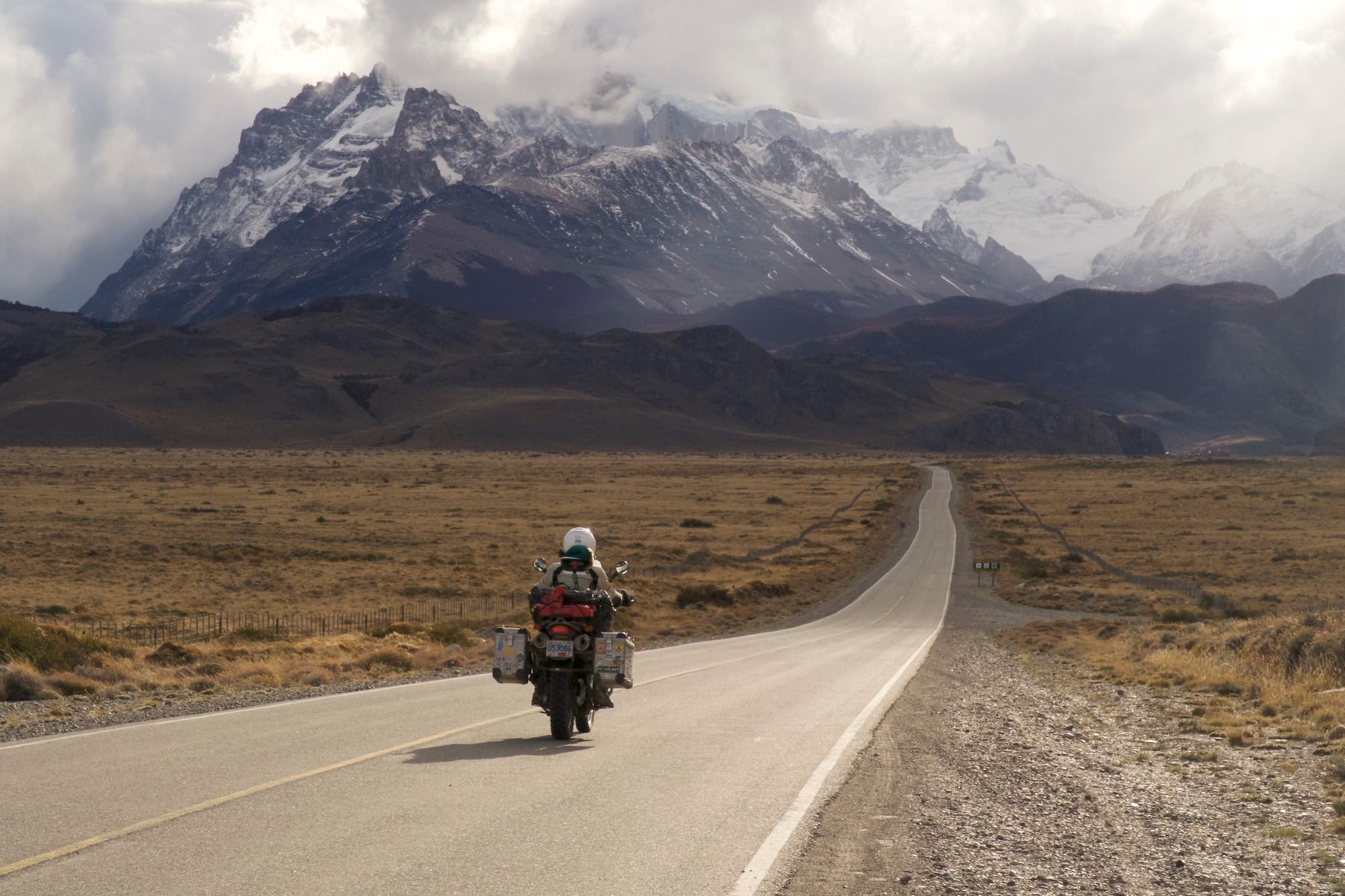The new Lithic and Allforth brands seek to lower the barriers of price, intimidation, and exposure among beginner backpackers.
All-new lines of tents, backpacks, sleeping bags, cookware, and a host of outdoor apparel will now grace the virtual and physical shelves of Walmart and Moosejaw. With a focus on “enthusiast-grade performance at a lower price,” the Lithic and Allforth brands today roll out to greet millions of budget-minded shoppers.
The idea, according to Moosejaw CEO Eoin Commerford, is to meet the rising demand for less intimidating outdoor gear that meets the needs of beginner backpackers and campers — both in price and performance.
“The outdoor industry will not grow without attracting a more diverse customer base, and diversity will not happen without inclusivity,” Commerford said in a press release. “This step is just one of many that we must take as an industry to be more inclusive to people of all ethnicities, genders, sizes, and economic backgrounds.”
The announcement is the latest product move by the retail partnership, after a tumultuous attempt to add Moosejaw’s high-end outdoor brands to Walmart’s site via the Premium Outdoor Store in 2018. Unlike that decision to put existing brands in front of new customers, this move creates entirely new product lines, specifically tailored to Walmart’s base.
Lithic, Allforth Beginner Backpacking Gear
According to the brands, the new gear will, in some cases, cost half what premium gear does. And while that isn’t a stretch for most Walmart products, both Lithic and Allforth will leverage Moosejaw’s “outdoor enthusiast” design team. The retailers claim this provides an ideal mix of quality and price for a growing market of new hikers and backpackers.
Lithic includes all major gear categories: tents, down and synthetic sleeping bags, all-in-one cook systems, and technical daypacks and multiday backpacks. According to the brands, all the gear will cost between $25 and $148. By comparison, many high-quality sleeping bags, tents, and backpacks easily stretch over $300.
Allforth handles apparel. Moosejaw said it includes “15 backpacking-friendly styles” of shirts, shorts, and pants. It advertises technical features like moisture-wicking fabrics, two-way stretch, and zip-off pant legs. It also boasts “inclusive sizing” up to 3XL in men’s and XXL in women’s. And everything in the Allforth line costs under $35.
Walmart Camping Gear & Apparel
While we have yet to see Lithic and Allforth gear in person. But from specs alone, it does look promising as good entry-level equipment.
For example, the brand offers the Lithic two-person tent for $129. This puts it in direct competition with brands like Kelty, which offer similarly priced tents with similar features. The Lithic tent, which weighs 6.4 pounds (or 5.8 pounds minimum trail weight), has 7001 aluminum poles (a benchmark of a decent tent) and what appears to be a pretty common design.
The Lithic 35-degree Down Sleeping Bag retails for $109. At that price, it gives you 600-fill down and YKK zippers. At 1 pound 14 ounces for a bag that stuffs down to 7.5 x 14.5 inches, it’s a bag you can definitely take backpacking.
Sure, you lose a lot of modern features like hydrophobic down and higher fill powers, but this bag might just cut it for beginning backpackers in summer temps. And it does so at a fraction of the cost of higher-end gear.
“Lithic and Allforth present ideal entry points for people new to the outdoors because of the price points, ease of use, inclusive sizing, and easily understood product descriptions,” Commerford said. “The brands will also be very attractive to a seasoned backpacker conscious of keeping costs down while updating his or her gear to the latest features and fabrics.”
While these products look promising, consumers do not see messaging around recycled materials or responsible manufacturing here, at least not yet. Many premium brands push to differentiate themselves with sustainable materials and practices. It’s unclear if Lithic and Allforth will follow the lead of other outdoor brands in responsible, sustainable manufacturing practices.
That’s in part because these environmental practices come at a cost, which many consumers are willing to pay. But for many new participants, a low price of entry may be critical in getting on the trail.
Walmart Wagers Newcomers Will Fuel Outdoor Retail Growth
With the launch, Commerford sees an opportunity to serve a fast-growing segment of the outdoors: newcomers. He even coined the term “state-cations,” referring to what he sees as a likely surge in car camping getaways to more accessible destinations.
“When restrictions are lifted, hopefully some will seek to walk farther afield and look at hiking and backpacking at destinations in nearby states — ‘state-cations’ — as new alternatives to a vacation that would typically involve flights or crowded beaches,” Commerford said.
The hope, he continued, is that by serving this new market now, the products can help create dedicated outdoor consumers.
“Offering apparel and gear at more approachable price points can pave the way for a lifelong love of the outdoors,” he said.


